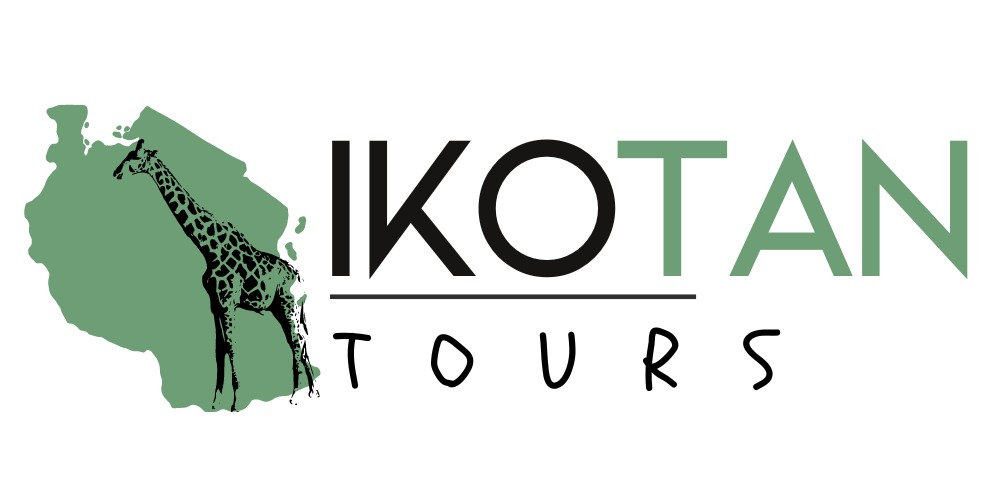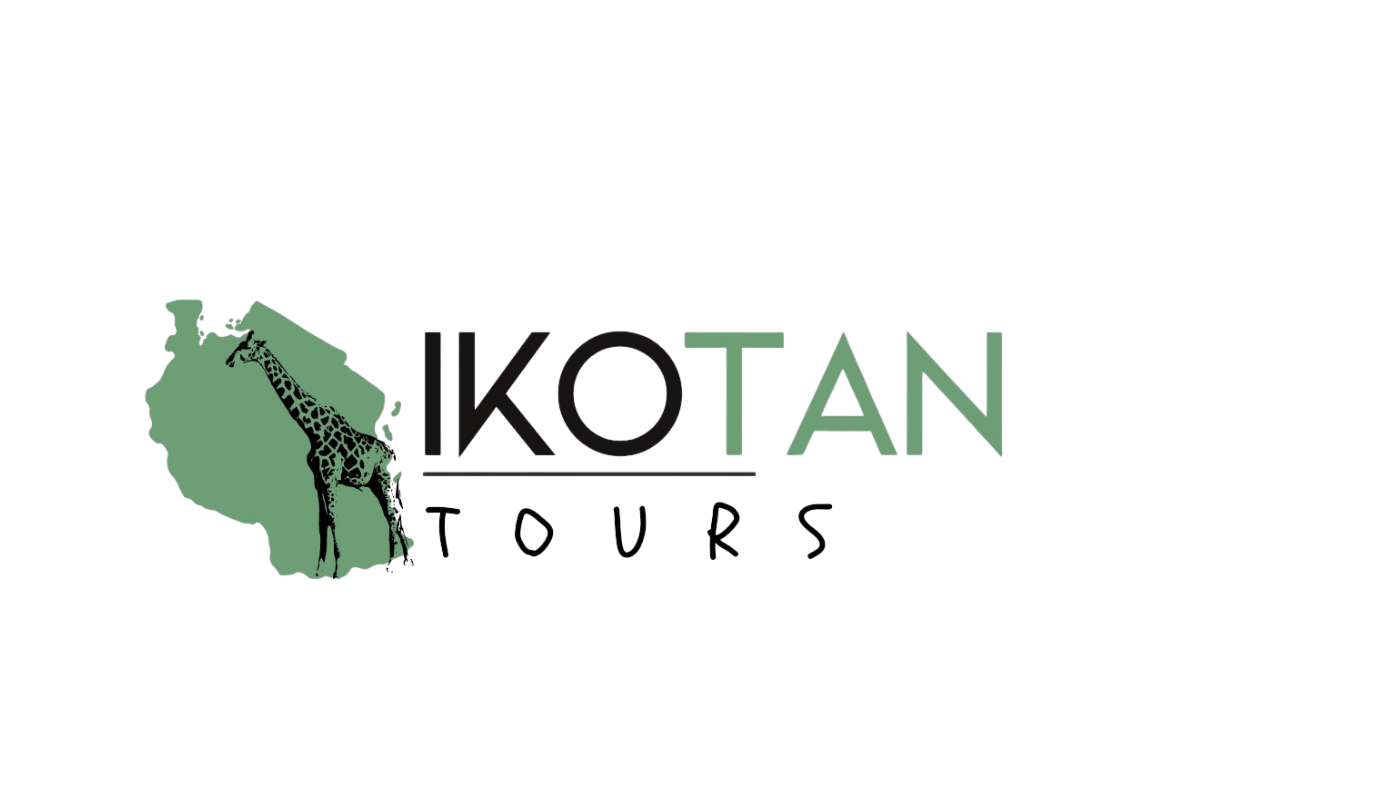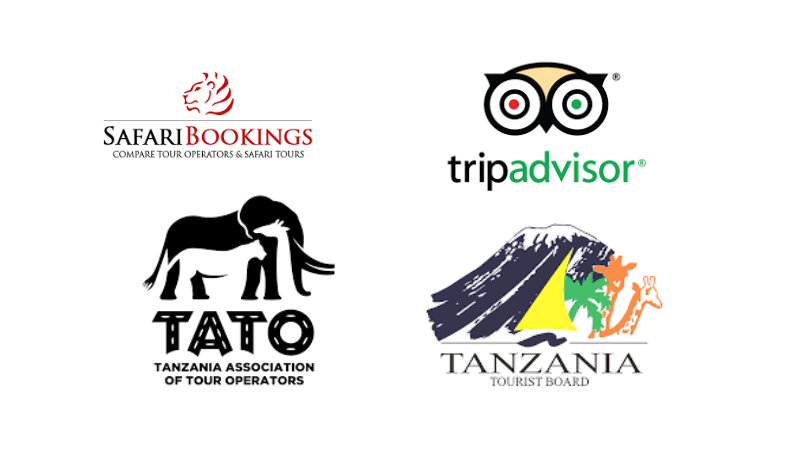7 Days Marangu Route – Kilimanjaro Climb
The Marangu Route, also called the “Coca-Cola Route,” is the oldest and most established trail on Kilimanjaro. It features well-maintained paths and comfortable mountain huts instead of tents, making it popular for those seeking a less rugged climb. This 7-day itinerary includes an extra acclimatization day at Horombo Huts, improving summit success and reducing altitude sickness.
You’ll pass through five ecological zones—from rainforest to alpine desert and finally the icy summit. The gradual ascent and hut accommodations provide a comfortable yet challenging experience. The route culminates in a midnight climb to Uhuru Peak (5,895m), Africa’s highest point, offering unforgettable sunrise views.
Ideal for first-time climbers and those preferring a structured climb, the Marangu Route blends natural beauty, culture, and adventure for a memorable Kilimanjaro experience.
Day 1: Marangu Gate to Mandara Huts
-
Habitat: Montane rainforest
-
Distance: ~8 km
-
Elevation: 1,860m to 2,700m
Begin your adventure at Marangu Gate and enter a vibrant rainforest filled with colorful birds and curious colobus monkeys. The trail is well-marked and climbs gently through moss-covered trees to Mandara Huts, where you’ll enjoy your first mountain night.
Day 2: Mandara Huts to Horombo Huts
-
Habitat: Heath and moorland
-
Distance: ~12 km
-
Elevation: 2,700m to 3,720m
The forest gives way to moorland dotted with giant lobelias and groundsels. The landscape opens up, revealing wide valleys and peaks. Horombo Huts lie in a broad alpine valley, providing a perfect spot to rest and acclimatize.
Day 3: Acclimatization Day at Horombo Huts
-
Habitat: Moorland
-
Distance: ~5–8 km (optional acclimatization hikes)
-
Elevation: Around 3,720m (hike up to 4,000–4,400m)
Spend this crucial day acclimatizing by exploring nearby trails such as the trek to Zebra Rocks or Mawenzi Ridge. These short hikes help your body adjust to higher altitudes while offering spectacular panoramic views.
Day 4: Horombo Huts to Kibo Huts
-
Habitat: Alpine desert
-
Distance: ~10 km
-
Elevation: 3,720m to 4,700m
Cross the stark, otherworldly landscape known as the “Saddle,” a barren expanse between Mawenzi and Kibo peaks. Kibo Huts serve as the launching point for the final summit ascent.
Day 5: Kibo Huts to Uhuru Peak, then back to Horombo Huts
-
Habitat: Arctic summit zone to moorland
-
Distance: ~21 km (6 km ascent, 15 km descent)
-
Elevation: 4,700m to 5,895m (Uhuru Peak), then down to 3,720m
Summit day begins just after midnight. Trek slowly through the cold night, ascending past the famous Hans Meyer Cave to Gilman’s Point on the crater rim. From here, push to Uhuru Peak for sunrise—Africa’s highest summit. After soaking in the breathtaking views, descend carefully back to Horombo Huts for rest.
Day 6: Horombo Huts to Marangu Gate
-
Habitat: Moorland to rainforest
-
Distance: ~20 km
-
Elevation: 3,720m to 1,860m
Retrace your steps down through heath and forest zones, enjoying the changing vegetation and wildlife sounds. Reach Marangu Gate to collect your summit certificate and celebrate your achievement.
Day 7: Departure or Extra Day in Moshi/Arusha
After a hearty breakfast, transfer back to Moshi or Arusha. This day offers a chance to relax, explore local markets, or visit cultural sites before your onward travel.



